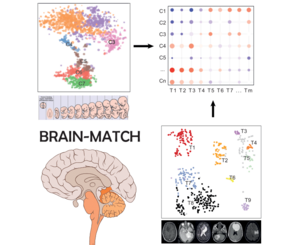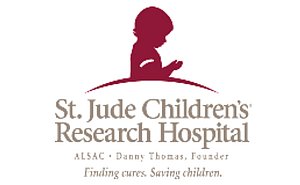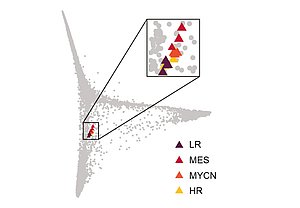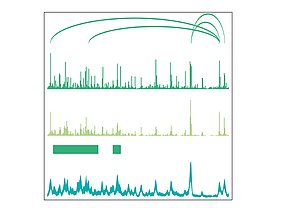KiTZ Data Commons
KiTZ Data Commons is a web portal to all data platforms containing pediatric cancer research data from KiTZ research studies. It provides access to molecular profiles and clinical characteristics from extensive pediatric cancer research projects.
The goal is to share these data as openly as possible (and in compliance with all applicable privacy laws) with pediatric oncology scientists to advance further biological knowledge and translation into clinical applications.
R2: Genomics analysis and visualization platform Pediatric PDX dataset section
The data presented here are part of the paper "A biobank of 30 molecularly characterized orthotopic xenograft patient models for childhood brain tumors" by Brabetz et al. 2018.
R2: Genomics analysis and visualization platform DKFZ Pediatric Pan Cancer dataset section
The data presented here are part of the publication "The landscape of genomic alterations and drug targets in childhood cancers" by Groebner et al. 2018.
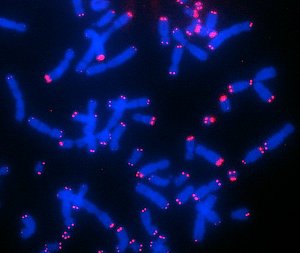
R2: Genomics analysis and visualization platform datasets of ALT-positive neuroblastoma
Protein and RNA expression data of neuroblastoma tumors with alternative lengthening of telomeres (ALT) from Hartlieb et al. 2021.
R2 RNA Data ►
R2 Protein Data ►
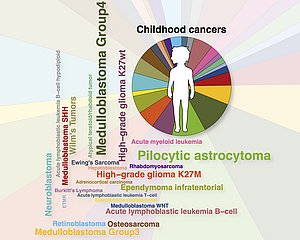
Molecular map of childhood tumors
Cure rates for childhood cancers have increased to about 80 percent in recent decades. Nevertheless, a large proportion of child survivors suffer severe long-term side effects from surgery, cytotoxic chemotherapy, and radiation therapy, including intellectual disability and secondary cancers. The development of more specific therapies with fewer long-term side effects is therefore of paramount importance.
One of the crucial steps in this regard is the identification of the genetic repertoire of malignancies in children. Thanks to the latest technologies in the field of genome sequencing, it is now possible to decipher the entire genetic and epigenetic code of a tumor within a few days, thereby identifying the driving genetic abnormalities within individual entities and across pediatric cancer types.
In our Pediatric Pan-Cancer (PedPanCan) study, we are investigating genetic alterations in childhood cancers at multiple levels. This includes analysis of structural variations, copy number changes and small mutations - both in somatic cells and in the germline. In addition, possible response of the samples to specific drugs is investigated.
Unlike cancers that usually occur in adulthood, childhood tumors are rarer and the number of mutations in the genome of cancer cells is smaller. Therefore, it is of particular scientific value to gain an overview of possible molecular cancer triggers and potential drug targets and make them available to the scientific community.
KiTZ is connected to other medical institutions which provide their data for PedPanCan:
- Nationales Centrum für Tumorerkrankungen NCT
- Deutsches Konsortium für Translationale Krebsforschung DKTK
- St. Jude Children's Research Hospital
- ITCC – Innovative Therapies for Children with Cancer
- Universitätsklinikum Tübingen
- Eberhard Karls Universität Tübingen
- Krebscentrum Dresden
- Klinikum der Universität München
- Klinikums rechts der Isar München
- Universitätsklinikum Freiburg
- Charité Universitätsmedizin Berlin
- Universitäres Centrum für Tumorerkrankungen Frankfurt
- Universitäres Centrum für Tumorerkrankungen Mainz
- Westdeutsches Tumorzentrum Essen
Data presentation for developmental programs in childhood neuroblastoma
Online application for interactive display of embryonic and fetal human adrenal single cell data and comparison with single neuroblastoma cells (Jansky et al. 2021).
Super-enhancer landscape of childhood neuroblastoma
Online application for interactive visualization of super enhancers in primary neuroblastomas and cell lines (Gartlgruber et al. 2020).
European Genome Phenome Archive
The high-throughput data of neuroblastoma tumors compiled as part of two collaborative projects (Peifer et al.2015, Ackermann et al. 2018) between researchers of the KiTZ and the University Hospital Cologne are available from the EGA upon request (inventory no EGAS00001001308, EGAS00001003244).
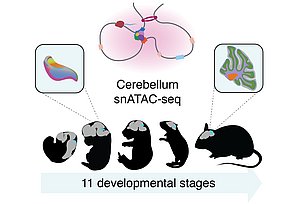
Regulatory landscape of cells in the developing mouse cerebellum
Online application to interactively explore cis-regulatory element (CRE) activity in cells of the developing mouse cerebellum. Results provide insights into mechanisms leading to developmental disorders and pediatric brain tumors.
(under construction)

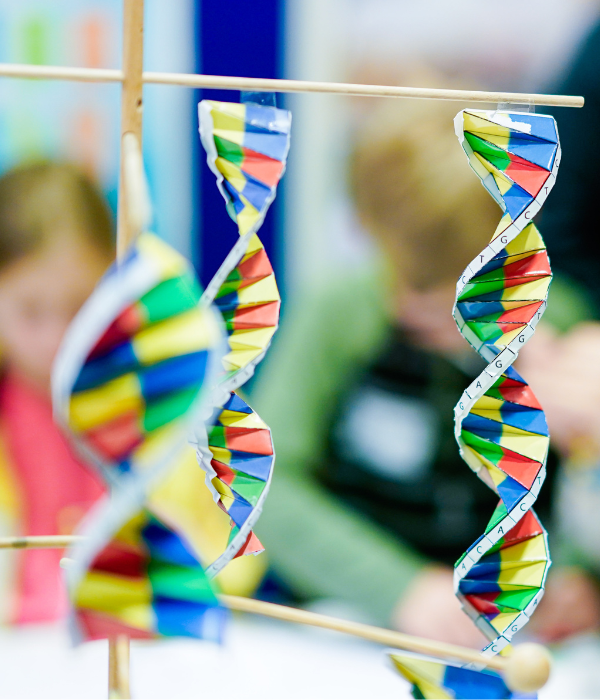
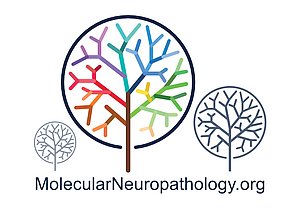
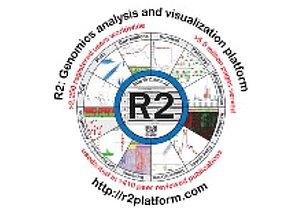
![[Translate to En:] LogoPedcBioPortal](/fileadmin/_processed_/0/2/csm_cbio_portal_7d69c9ed15.jpg)
